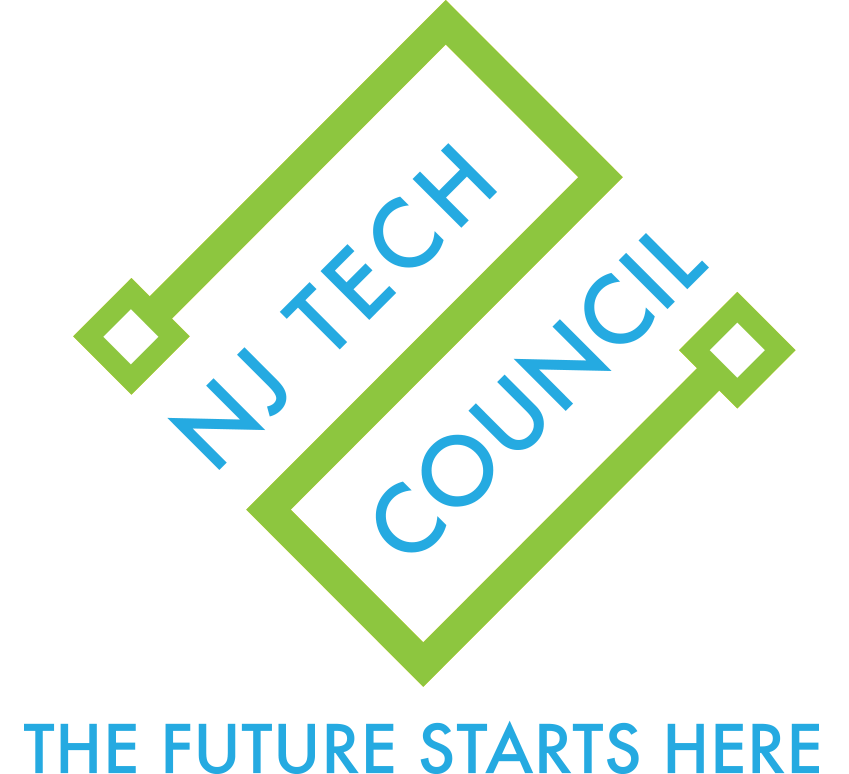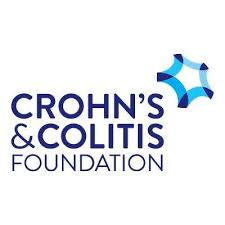The impact at the FDA from the government shut, as well as the potential impact to the public, has been running relatively below the radar. Everyone relies on the FDA for safe medicines, food, and animal products. If the FDA is feeling the effects from shutdown, so could the public. In the wake of this lingering shutdown, FDA has been forced to begin to assess its options in order to focus resources on key consumer protection functions. The longer the government shutdown continues, the greater the potential harm to public health. Here are some points to consider:
Currently,
- FDA cannot accept any new drug, biologic, device, or generic applications that require payment of user fees until the shutdown ends.
- FDA cannot accept any new INDs for review (aside from emergency INDs).
- User fees and carryover funding could run out within weeks.
Potential far-reaching results:
- Delayed approvals of life-saving drugs.
- Delayed generic approvals, affecting costs.
- Lower workforce morale potentially causing a mass talent exodus from the agency.
- FDA’s ability to recruit and retain staff being severely impaired.
To read the complete article, please follow link: https://bit.ly/2VXLZVP
To read more about our Leadership, please follow link below.
James F. Lynch PhD, MBA – Regional Personnel Services ©2019
There are more jobs than people out of work. According to the Bureau of Labor Statistics, in April there were 6.7 million job openings and just 6.4 million available workers to fill them. As the demand grows, however, workers are more confident about moving between employers and talent wars will naturally escalate. April marked the second month in a row that there were more vacancies than available hires, a phenomenon that had not happened before 2018. Despite the mismatch, sizeable wage gains remain elusive, with average hourly earnings up just 2.7 percent over the past year.
The full article: https://www.cnbc.com/2018/06/05/there-are-more-jobs-than-people-out-of-work.html
See new search for:
James F. Lynch PhD, MBA – Regional Personnel Services ©2018
Preparing for a job interview is a key factor of success in any job search. To prepare for a job interview, however, candidates must understand how to respond to behavioral interviewing. One of the most common mistakes people make in interviews is failing to answer these clearly, concisely and with confidence.
Behavioral interviewing is a technique used to probe into the candidate’s inner-self, motivation, adaptability, etc. These questions help interviewers better understand how a candidate developed and applied a skill, ability, or character trait in their pursuit of a successful outcome of a project or task in a previous role. Specific, open-ended questions can be asked that requires candidates to give detailed answers, and thus, will provide insights as to how a potential candidate might approach and overcome a particular challenge. Please also see my article, Predicting Candidates’ Success.
 Some behavioral questions might be:
Some behavioral questions might be:
“Tell me about a time when you were given a challenging project or task with an unreasonable timeline.
What did you do?”
“Tell me about a time when you were given an assignment that was beyond your comfort-level, skills, and/or experience? What did you do? Were you successful? Did you grow professionally as a result? How?”
A candidate’s answers to these questions will help an interviewer understand whether this person has the personality, attitude, aptitude, and experience to succeed in their company and culture. Each company, however, has developed its own culture over time (Please see Company Culture). Thus, in crafting their responses, candidates should take into account a company’s culture whenever possible.
Your answers will also allow the interviewer to gauge your ability and comfort in constructing a concise, intelligible and credible story. At some point in your career, you may need to speak in front of senior managers, peers, clients, etc. To be seen as articulate and professional, will be critical to your progressive career in future roles within this company.
Preparation is Key to Acing a Job Interview
Good Luck
Jim Lynch PhD
James F. Lynch PhD, MBA – Regional Personnel Services ©2018
Four in 10 workers (41%) say they would accept more paid vacation time in lieu of a pay raise if given the choice, according to surveys of 733 human resource managers and 2,062 employees. While 70% of workers consider paid vacation time a right of employment, rather than a benefit, a significantly lower number of employers (58%) share that view. Additionally, more than one-third (39%) of workers consider their company’s paid vacation plan inferior to that of comparable industry competitors. These gaps underscore the critical connection between vacation time and job satisfaction, and the importance for employers and employees to find a mutually-beneficial compromise.
See full article at – http://www.prnewswire.com/news-releases/time-is-money-nearly-half-of-workers-would-take-extra-vacation-time-over-a-pay-raise-300497673.html
James F. Lynch PhD, MBA – Regional Personnel Services ©2017
By 2025, PhRMA reports US Pharmaceutical jobs could be 60% vacant from a lack of effective education policies coupled with growing competition from other countries. A robust STEM (science, technology, engineering and math) workforce is absolutely crucial to the future of the biopharmaceutical sector.
How has the US reached this point?
The Pharmaceutical industry is research intensive, and all aspects from R&D to manufacturing require highly-skilled workers. This shortage of skills will get worse as drug development gets more complicated. US Government shoulders some blame by neglecting education in these areas, just as competitors including Australia and China have been ramping up their efforts. In 2016, China had 4.7 million recent STEM graduates, compared to just 568,000 in the US.
According to vice president of policy and research at PhRMA Anne Pritchett, there is a real danger the country’s pharmaceutical industry could fall behind its competitors if nothing changes: “Research and Development (R&D) intensive industries like ours could be located in any country. If we get to a point where the policies and the STEM workforce in another country outweigh what we have in the US, there’s a real fear that we will lose our competitive edge.”
Pritchett points to a few keys areas where US needs to be able to analyse the increasing amount of ‘Big Data’ in order to assess efficacy, safety, as well as, real world evidence in developing new medicines.
To access the full report and to learn about STEM education policies in the US, please follow link below:
James F. Lynch PhD, MBA – Regional Personnel Services ©2017
Exactly eight years after the Great Recession ended, the U.S. job market has settled into a sweet spot of steadily solid growth,” according to AP (6/1, Boak). AP added, “the 4.4 percent unemployment rate matches a decade low,” and, “many people who had stopped looking for jobs are coming off the sidelines to find them.” The article states that “all told, it’s evidence of an American economy that is running neither too hot nor too cold, with growth holding at a tepid but far from recessionary 2 percent annual rate.”
For complete article, visit http://www.startribune.com/us-job-market-looks-solid-8-years-after-recession-ended/425728393/
James F. Lynch PhD, MBA – Regional Personnel Services ©2017
Have you ever made the wrong hire?
There are 3 significant, but sometimes intangible, issues to consider when hiring – time, money and morale. I will address time & money here, and morale in next article.
According to a recent Society for Human Resource Management’s (SHRM’s) Human Capital Benchmarking Report, it can cost up to $4,129 (cost-per-hire) to land a new employee. In the current economic times, however, companies can’t afford to miss out on great talent, and perhaps more importantly, make the wrong hire.
Time kills deals, and recruiting momentum is no different. Companies that drag out the process, usually can end up with less-then-perfect hires at higher prices. Sensing a prolonged hiring process, top performers will drop out of the pool within days or weeks, for example, thus reducing the quantity and quality within the talent pool. Only individuals with fewer options or little time to seek alternatives, will remain actively engaged in the process. And of those candidates who stay in the process, cost to hire them can increase substantially as a result of negotiating higher offers in order to outbid the competition.
By outsourcing recruiting to an experienced recruiting firm, a company can drastically improve the speed, reduce costs and drive successful hiring campaigns. Recruiting firms are faster and more efficient, in part, because they recruit every day. The best recruiting firms, however, must also stay on top of latest tools & techniques. And finally, they must stay abreast of the changing needs of their clients, as well as, the daily shifts in the marketplace of top talent.
James F. Lynch PhD, MBA, CSP
President
James F. Lynch PhD, MBA – Regional Personnel Services ©2017








